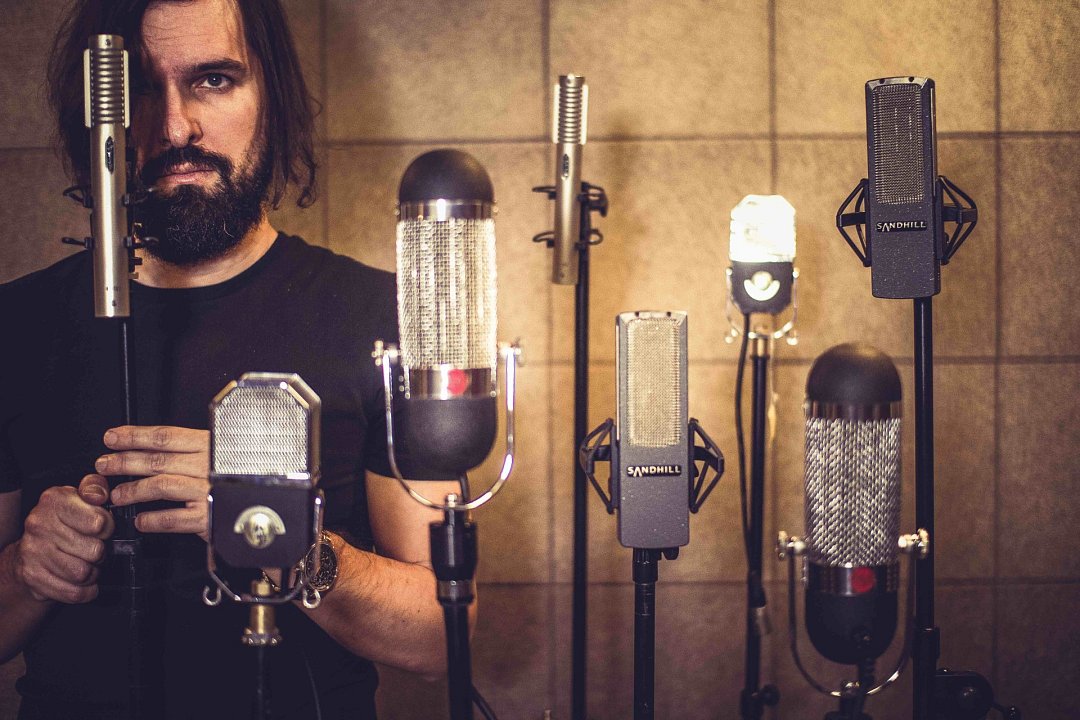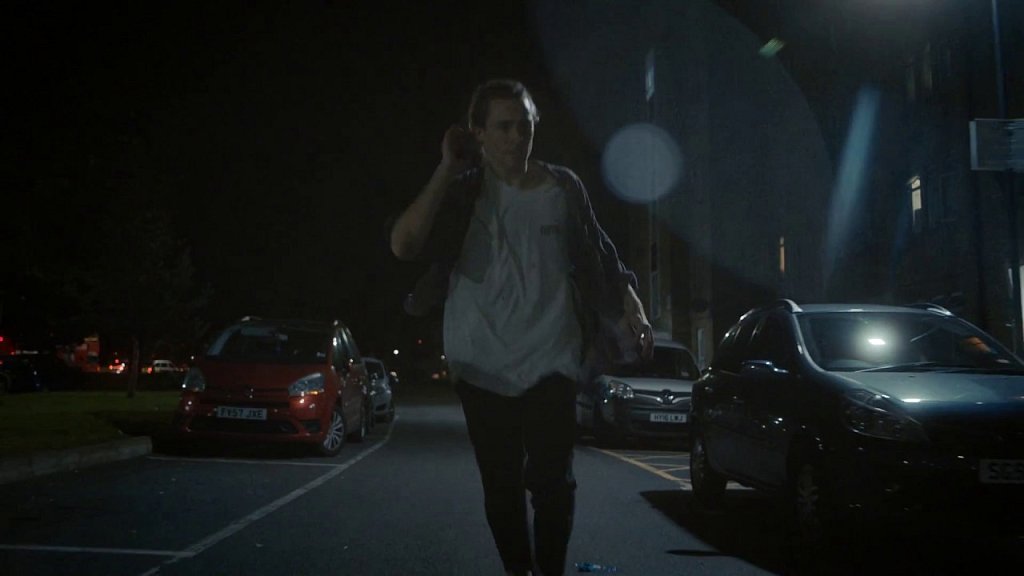Meet Boris Carloff
Interview with the maker of SounDevice Digital plugins
There's very little that Boris Carloff hasn't applied his extensive talents to over the last couple of decades in both music production and the technology behind it. As an acclaimed solo artist, he has won awards for his varied electronic releases but has also produced some of the biggest names in his home country of the Czech Republic. Yet it is his plugin development that is now becoming almost as well known as his musical output, with his own SounDevice Digital Brand being behind some of the best releases music software, with titles including Plamen, FrontDAW and the award-winning Pluralis helping to transfer his passion for the intricacies and foibles of hardware into the software domain.
As if that is not enough, Carloff, aka Milan Havrda, is also actually a classically trained violinist but, as he reveals below, ended up via classic rock and Depeche Mode, producing his own music as the trio Boris Carloff. He eventually took the name as a solo artist and released his debut EP, Good Stuff, on Red Salamanda Records, in 2004. After a stint in the UK/Czech band kNot Photogenic, Boris produced huge Czech bands Kryštof and Wohnout before returning to produce his own music in 2012 with the album The Escapist. This won two Czech Anděl Awards (the equivalent of the Czech Grammy), including Best Electronic Album and an Apollo, the Czech Mercury Prize.
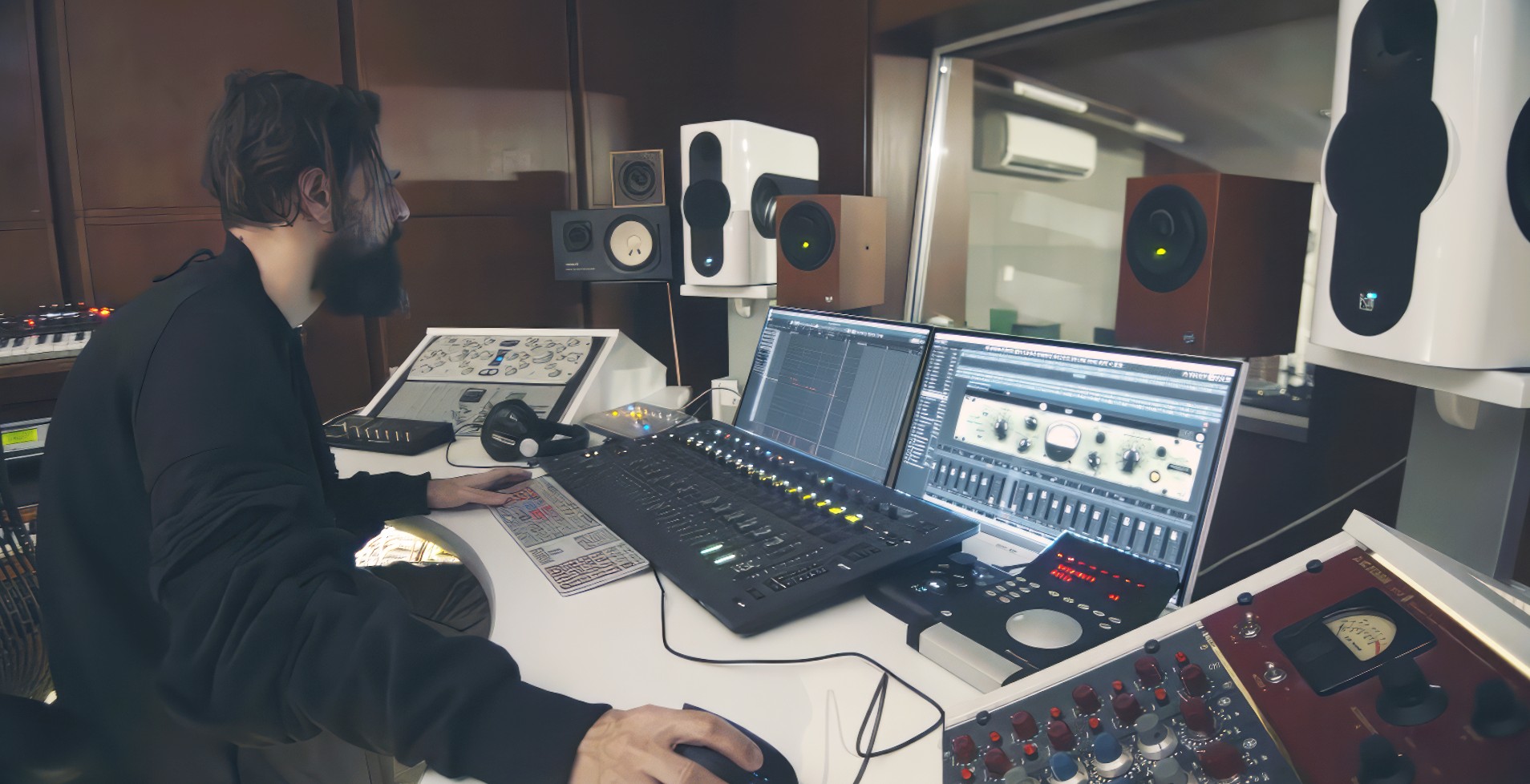
Boris continues to produce his own music under the Boris Carloff name and is also working on new 'BC' projects for releases in different genres, but his passion over recent years has also been in plugin development. Here, he and his wife have produced some of the most distinctive-looking and sounding plugins in music production. As he says below, he is simply trying to marry the best of music production hardware to software, and what better way to experiment than to use his own plugins in his own music?
"With plugins, I am trying to make them have the advantage of hardware but make them joyous to use."
How did you start out in music production Boris?
“I started playing violin when I was four years old and I ended up in a couple of competitions in the Czech Republic. This culminated in my playing in an orchestra in Norway. In between and ever since I was a teenager, I was always in bands, like rock bands. Then I started to make electronic music, and when that happened I guess I went more ‘inside’ the technology!"
That’s a big leap from classical to electronic music
“When I was in the 8th grade of elementary school, everyone was listening to heavy metal, so I started to listen to it as well. My brothers are older than me, and they were always listening to Led Zeppelin and Deep Purple, so very early on, I was only listening to rock. And then I started school, and it was heavy metal, so when I was like 13 years old, I was playing the violin, but then on the other side, I liked black metal! Then I switched because, in the Czech Republic, it was like you either listened to Depeche Mode or metal, so I switched to electronic and started listening to things like Cassandra Complex and Front 242. Later, I started to get into things like Orbital, Massive Attack, and Portishead and the stuff on Good Looking Records and Mo' Wax."
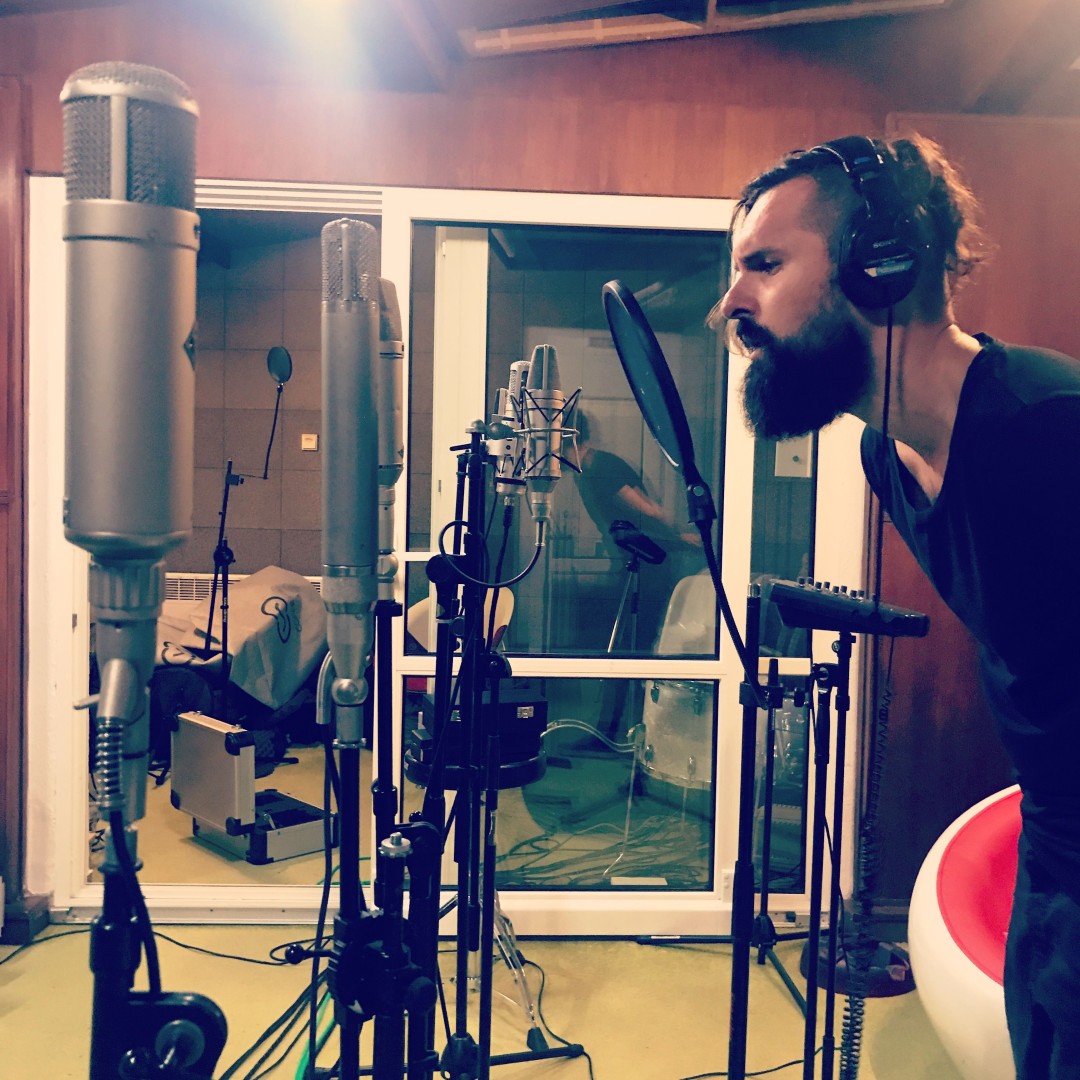
When did you start making electronic music yourself?
"I think that was 1996. My first electronic band was called Boris Carloff because I liked the single Bela Lugosi's Dead [by Bahaus]! So we started this band with three of us but after a month I was the only one left. But we had already done lots of interviews and all the journalists called me Boris Carloff!"
How would you say you then became successful?
"It was around the time of broken beat music that I started to be popular, around 2004. I was getting played by Giles Peterson as Boris Carloff but also had a half-British band called kNot Photogenic as I was living in London. It was hip-hop/electronic/pop stuff. You can still find it on Spotify, but Boris Carloff became more successful. I released a couple of things in Japan and started to make broken beat things and new jazz and played a lot of festivals.
"I then started producing a lot of things in the Czech Republic, a lot of pop things, including the most played song in the Czech Republic and was producing the most famous band Kryštof. I did it really because I wanted to build a studio as I became quite obsessed with both studio technique and technology.
"Then after an eight year gap, I released my first album [as Boris Carloff], The Escapist, and won the Czech Mercury prize and a Czech Grammy and was nominated for another five. It wasn't pop but really experimental electronic music with classical and jazz, strange things, cut and click, all together."
It sounds like your production philosophy is to take elements of very different genres and fuse them together, is that correct?
"I think so. Because I came from the classical side of things, through rock, electronic and new jazz I just like music but I don't like music that is too simple. I like different moods and everything going together."
How do you tend to start a track?
"Often I start with a beat, or I make harmonies on a piano and then the beat and melodies, and then put it together. Then I start to mangle things. I don't like it if it is too nice! So I even try to make harmonies dirty with distortion."
How do you know when a track is done and do you have any advice on finishing tracks?
"It is usually done when I am starting to be bored with the process. But I am getting better. My first album took me five years to make, maybe even six years. I threw away a lot of things and started over. But my last album I made in just 14 days from start to finish. I carry on if I can still feel the energy of the process. If it is too long, I don't like it."
What is the material you are working on now? Is it another Boris Carloff album?
"It will be a bit different [under the name 'BC'], more experimental hip hop with some clubby tune influences. I think it will be influenced by what is going on right now, and it will be different, maybe simpler!"
How did you get involved with United Plugins, and what do you do in the company?
"I am a developer on one of the labels in United Plugins. We are behind SounDevice Digital, and SounDevice is the name of my studio in Prague. So, I developed new plugins for SounDevice Digital – we have done around 12-14 plugins for SDD so far. My wife does the graphics. It's great as she works in the next room, so I make something here, and she does the graphics really fast!"
Tell us about the gear in your studio.
"I may have a little bit too much as I am obsessed! I have everything: an original Fairchild, original Neves like the 1073, 2254 and 1066. I've also started to be obsessed by old 50s German stuff, so I have Maihak V41b preamp, a Telefunken U73 compressor, TABV76 preamp, a Lorenz V241 tube preamp, old Neumann EQs and U47, 67, KM54, KM56 microphones and vintage AKG C12 microphones… Really everything!"
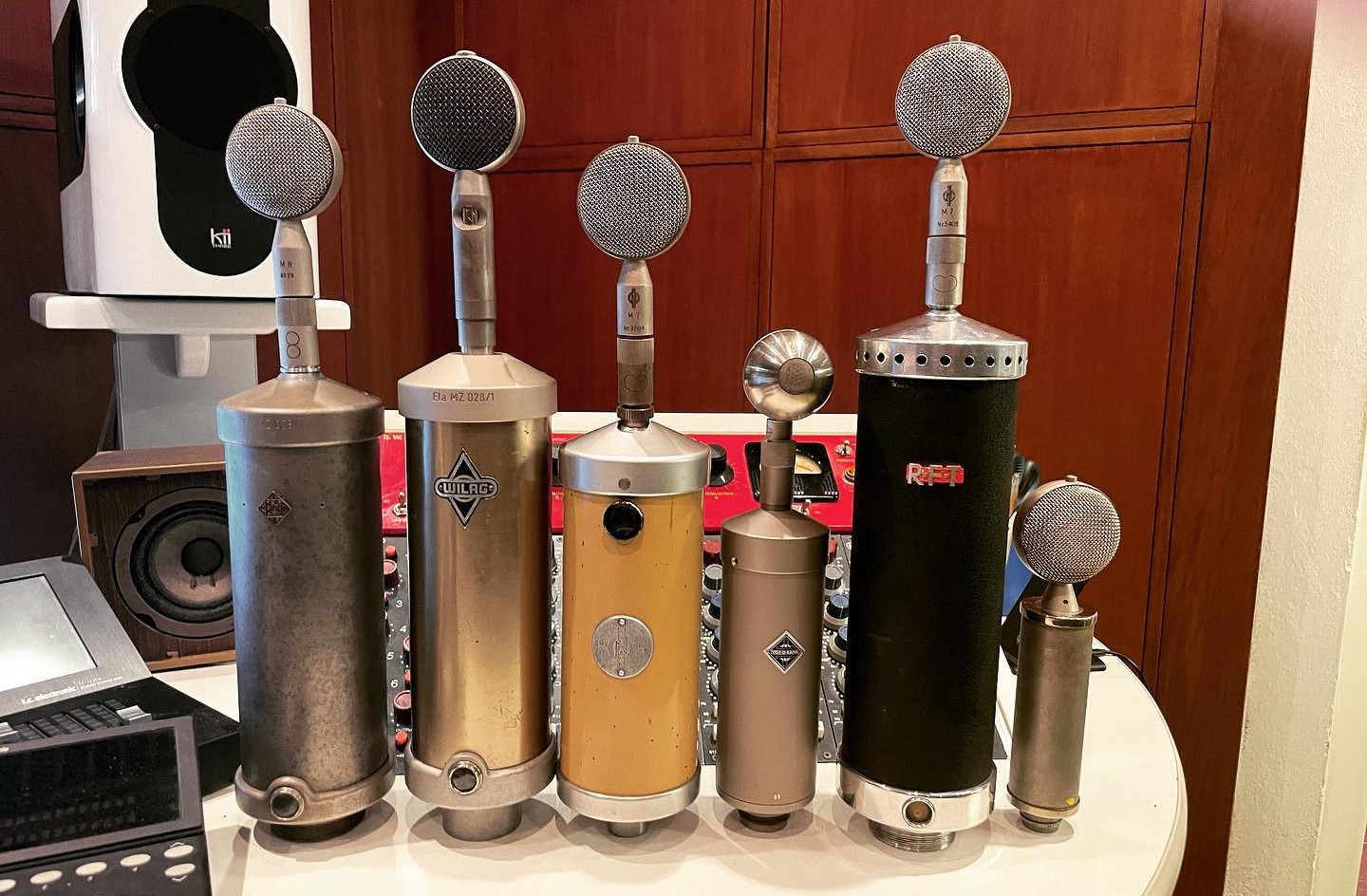
That's a lot of classic hardware, but you also develop plugins, so how do you see their differences?
"I think plugins are getting better and better compared to hardware, although sometimes I still prefer hardware. Having said that, working with plugins is much faster, and you can keep the energy. Also, you can't have 32 real Fairchilds in a project! OK, you can, but it will take a long time to record in and out of the computer! I think that now we have plugins that sound 98% as good as hardware – so there is still a noticeable difference – but one day they will be 99.99% as good, and then it doesn't matter. What I like about hardware is that it is unpredictable. You get unexpected inspiration from hardware, which I why I still love it.
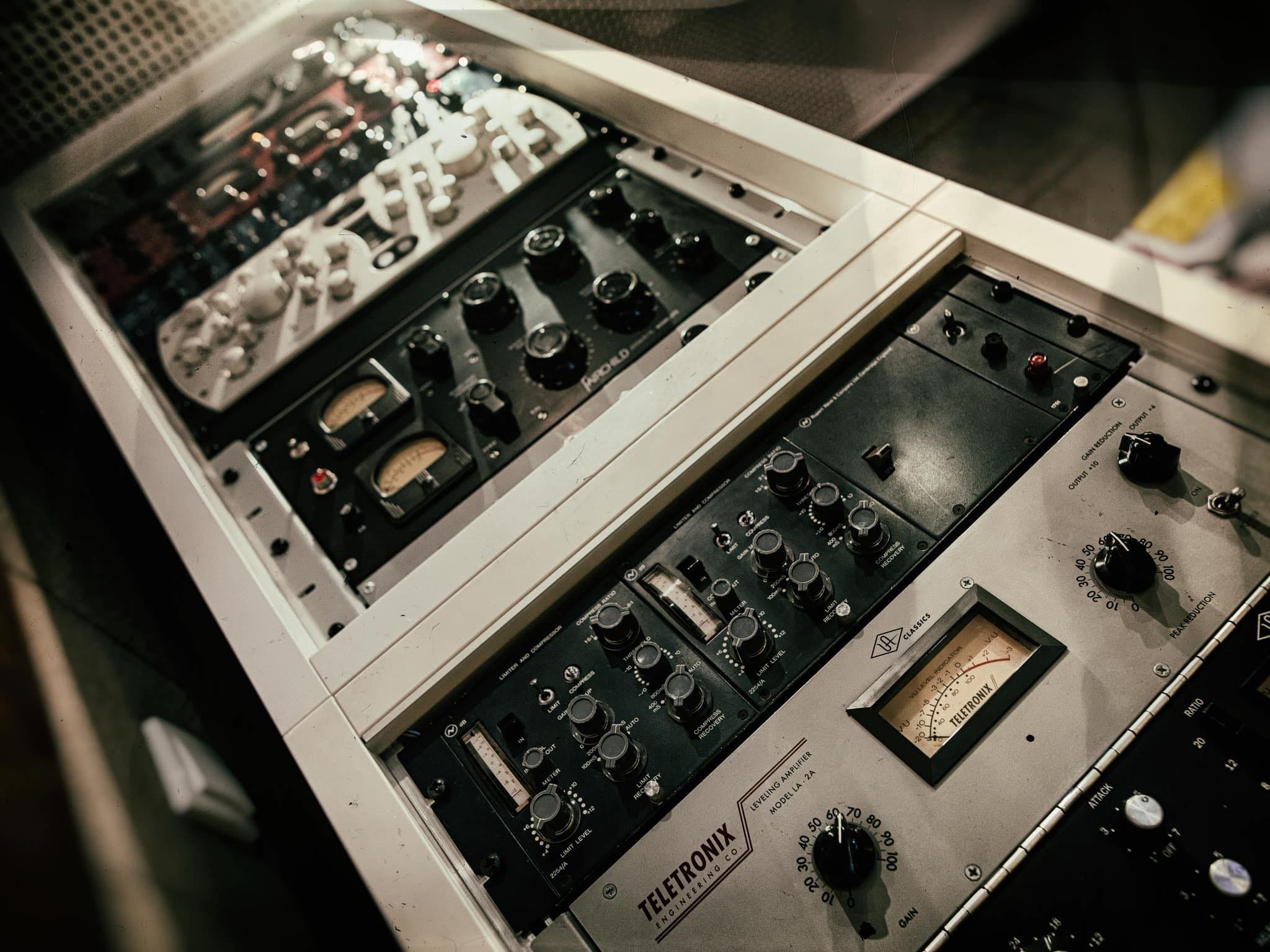
"For example, I was recording a famous old singer in the studio, and it sounded wrong in one frequency range with plugins. I spent six hours trying to identify what it was with spectrum analysers and so on. But then I put the voice through an old 1176 and LA2A, and it was great; the problem had gone in an instant. That's what I like about hardware: sometimes it just works with something you have been working on for ages with software."
Which of your own plugins do you use the most?
"You might be surprised, but I really like [multi-band saturator] Plamen. That's my favourite now. Before it was Verbum Entropic Hall, the chaotic reverb, a plugin that's all about chaotic reflections. There is a very special chaotic algorithm which I used for calculating reflections. No one had made anything like that before, so it was really something special, and it's really deep, a 3D reverb. It has been recently updated with two more algorithms to make three in total."
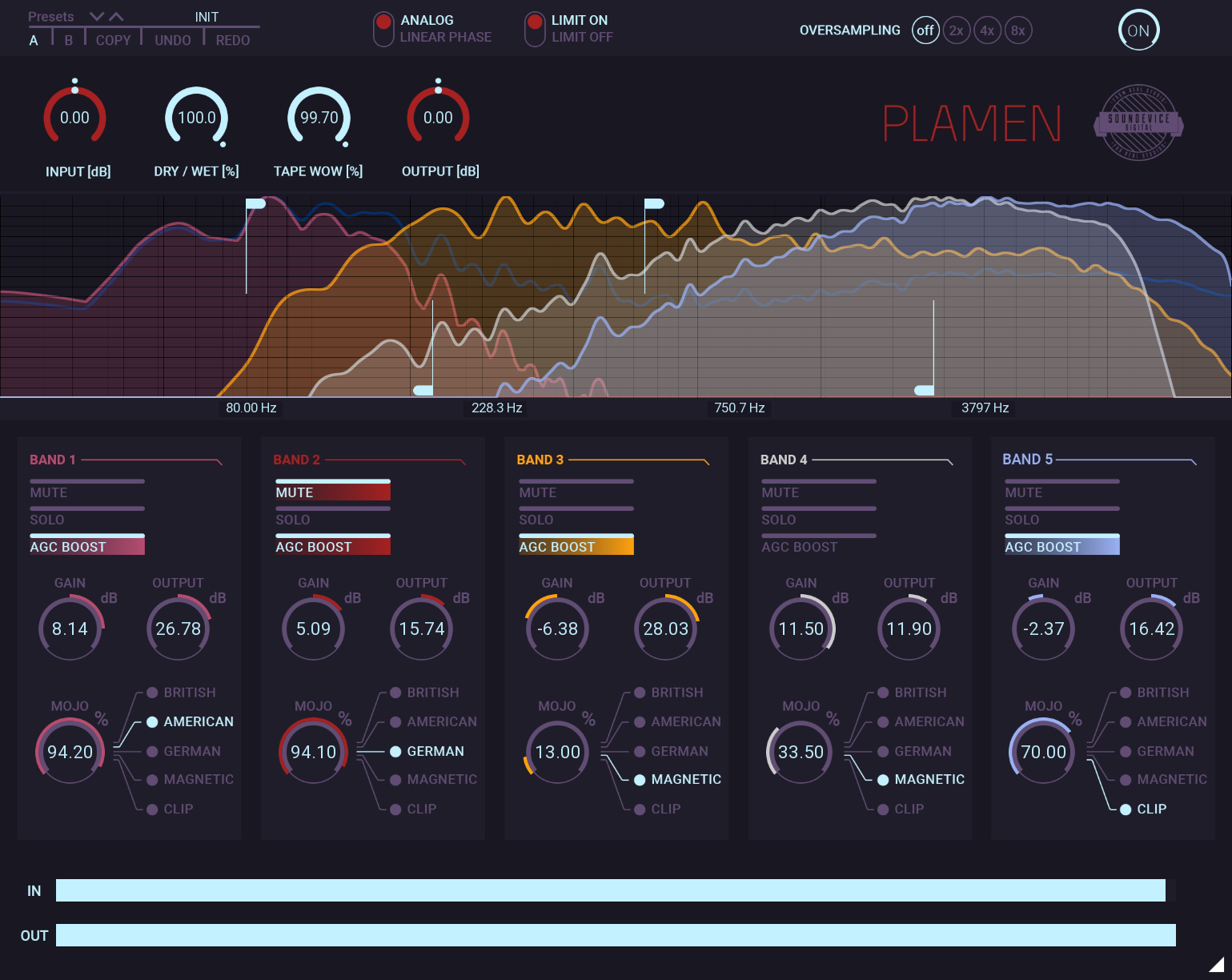
Tell us about any production tricks you have using your own Sound Device Digital plugins.
"Yes, this one is for Plamen. It has a secret clipper at the end, which nobody knows about as it's not in the manual. You can use it like a mastering clipper, and it's really good! It won't let you go over 0dB, and it's mastering grade."
How do you use your plugins day to day in more typical situations?
"I love distortion. Clean is boring for me, so I distort or saturate everything, from bass to drums. I use it on different bands, so, for example, the first plugin I use a lot is FrontDAW. You put it on every channel, and every instance of the plugin is slightly different, so every channel is different. It separates signals and makes everything somehow deeper, like 3D. I use it on a daily basis on every channel. It is almost the same as using analogue summing as it replicates the analogue randomness.
"Then I use a lot of distortion like Plamen; just using the Magnetic setting on the highs on drums, and you can hear how it excites the overheads. It sounds really great. Or I run it in parallel and process at around 2k, and it works really well with the snare – it is somehow punchier. And with the bass, you can process at maybe 800Hz or 1kHz and get a really distorted input using the parallel saturator. It works really well on something like an 808 sub-bass, too, around 80-100Hz. It produces a really nice colouration of the signal. You can hear it even on small speakers."
It sounds like your love of the random nature of hardware is driving you to create better plugins that emulate it in software.
"Yes, that is the truth. I'm also trying to make software really comfortable to use – fast so you can keep the flow going. With hardware, maybe the sound is better, but it takes ages to work with it, and you can easily lose the creative flow in the process. Sometimes, it takes so long you end up not being able to decide what is right or wrong. With plugins, I am trying to make them have the advantage of hardware but make them joyous to use."
What advice would you give to anyone looking to have a career in software development?
"The best advice is not to be afraid of making wild and crazy things that might not seem possible to use. People will find a use for it. For example, with Pluralis, I was thinking, 'Who would use it?' Then I just thought, 'It is different, so I will make it'."
And advice to have a career in music?
"I think the same thing. Don't be scared and find things that are different. A copy is just a copy. You can borrow things; of course, everyone does, but make it your way. It's really important just to make it different."
What else do you have planned?
"I'm planning a really random plugin and also a new album that will be different under the BC name."

